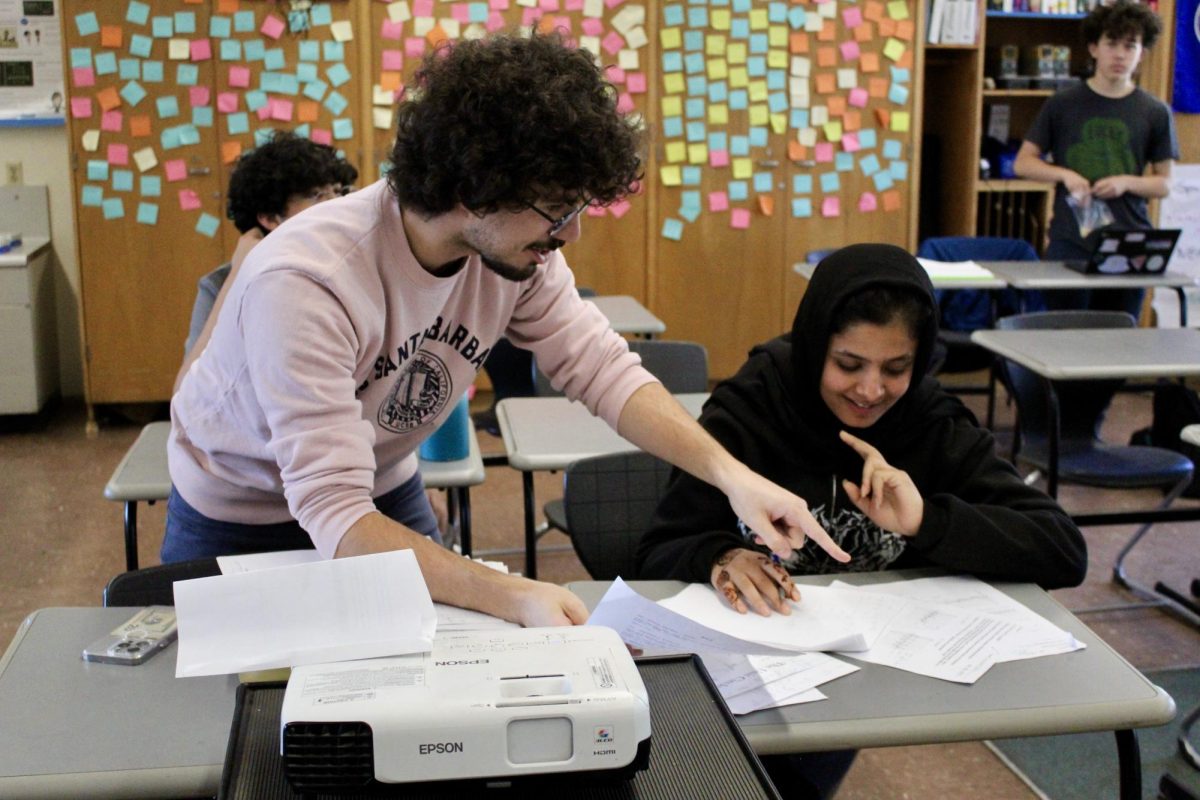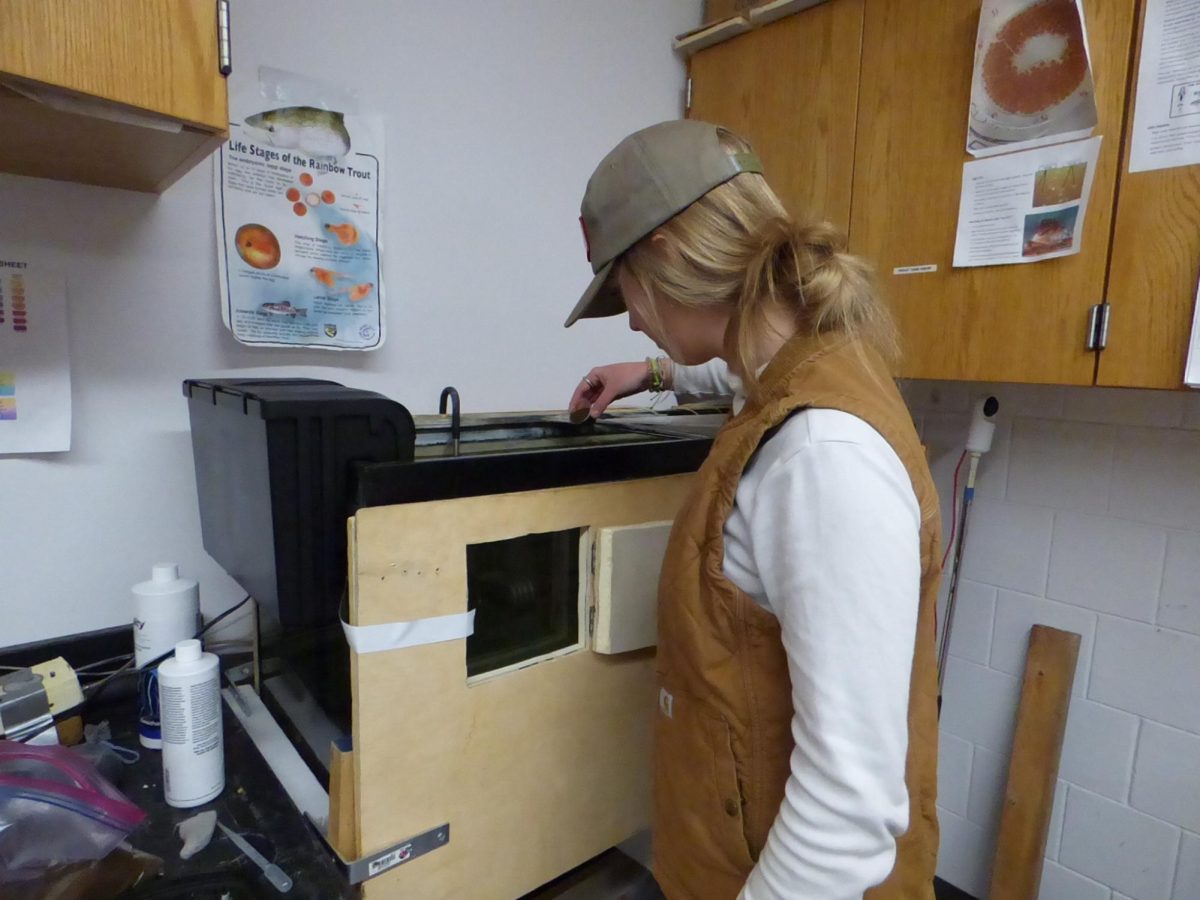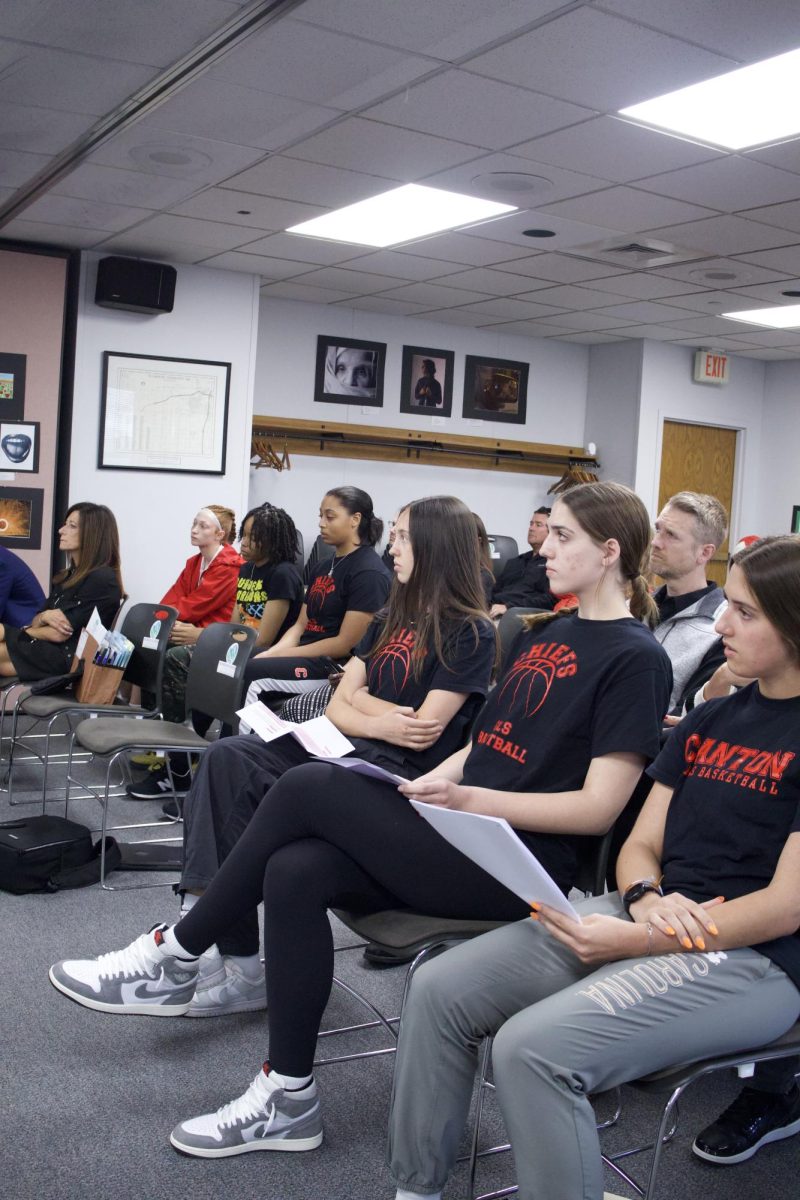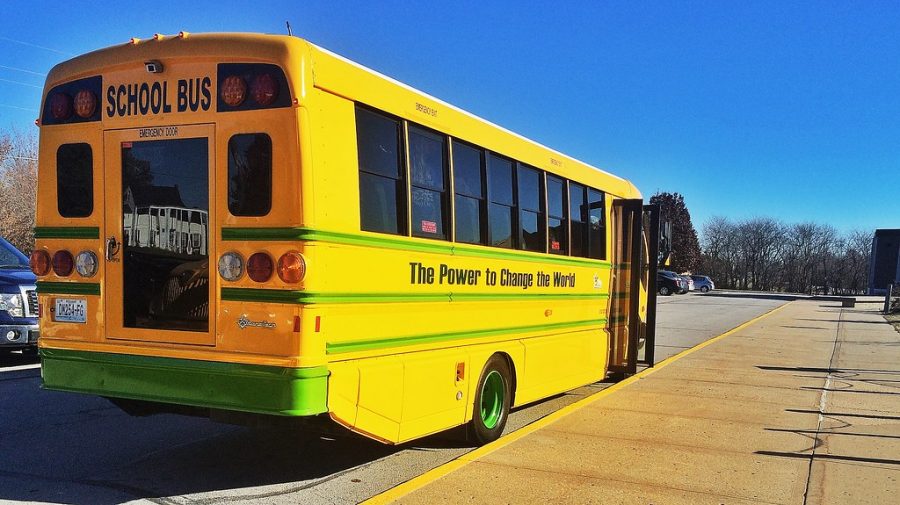MCPS will become the nation’s largest electric school bus user after declaring it will be shifting to an entirely electric system of school buses by 2035. The county currently holds a contract for the first 300 buses, and will gradually increase to more than 1400 buses over the next 15 years. As the United States currently only has roughly 300 electric school buses in operation, it is clear that MCPS is a forerunner in American school districts’ journey to sustainability.
Families can expect to see the first 25 electric buses rolled out in the upcoming school year, followed by 61 and 120 buses in the subsequent two years.
The plan has garnered praise from the community: CHS Care for Climate, a club with a mission to “focus on fighting the climate change crisis,” has voiced approval of the electric bus contract.
“As a club fighting to spread both awareness and positive change here in Clarksburg, the switch to going fully electric is something we absolutely support!” commented the club’s Co-President, junior Ava Gordon. “Anything that we can do, no matter how big or small, to make a direct impact on the carbon footprint we leave behind as a community can make a world of difference.”
A shift to more sustainable transportation options serves as a solution to an array of ever-increasing environmental problems, such as air pollution.
“A shift to electric buses will improve local air quality by eliminating exhaust emissions from each bus that is replaced and will reduce the air pollution emitted from the fleet overall. From an environmental standpoint, this is a win!” said science teacher Judith Chinn.
Advocates reiterate the necessity to transfer resources away from standard buses with fossil fuel usage given their higher emissions.
“ Air quality depletes greatly due to the emissions coming from the vehicles that are employed multiple times a day, five times a week,” said the CFC club’s other Co-President, junior Surabhi Singh.
The benefits of electric buses extend into various other areas, creating an optimistic outlook for the contract and commitment to widespread usage of electric buses.
“Potential environmental advantages include a reduction in air pollutants in the local area which can lead to negative human health impacts and contribute to smog, acid precipitation, and climate change. Electric buses should also reduce noise pollution,” said Chinn.
However, it is important to remember that no plan is perfect.
“The source of the electricity to charge these buses is very important. If they will use electricity that is generated by burning fossil fuels such as coal, then the positive environmental impacts of electric buses are significantly reduced,” said Chinn. “That source of electricity still requires extraction, processing, and combustion of fossil fuels which leads to various types of pollution and has negative impacts on human health.”
There is always room for improvement; the transformation into eco-friendly infrastructure is a tough balance and will take time and continued alterations.
According to Chinn, “Although these negative impacts will not be seen in Montgomery County, it is important if we are truly interested in making positive changes. Ideally, these buses need to use electricity generated from renewable sources such as wind, solar, etc.”
With a current annual contract of $1.3 million, there is a large price tag associated with the plan.
“There are some drawbacks, however,” said Singh. “The upfront cost of electric buses is very high and MCPS’s aim is quite bold. The price aspect is a potential problem within this plan because there is already a limited amount of money allocated for ‘education’ in the US budget.”
Regardless, the need for environmentally friendly travel options justifies the budget and even yields the potential to minimize long-term costs.
“However, if we are talking long-term, it is cheaper to run electric buses because electricity is much less expensive than gasoline,” said Singh. “So, in the future MCPS will save a great deal of money.”
Given the urgent climate crisis, it is admirable that the school county has dedicated itself to taking part in transforming its transportation system.
“I 100% support MCPS’s decision, and I think it is great that they are making such strides to improve the climate crisis,” said Singh.
This story was originally published on The Clarksburg Howl on April 9, 2021.































![IN THE SPOTLIGHT: Junior Zalie Mann performs “I Love to Cry at Weddings,” an ensemble piece from the fall musical Sweet Charity, to prospective students during the Fine Arts Showcase on Wednesday, Nov. 8. The showcase is a compilation of performances and demonstrations from each fine arts strand offered at McCallum. This show is put on so that prospective students can see if they are interested in joining an academy or major.
Sweet Charity originally ran the weekends of Sept. 28 and Oct. 8, but made a comeback for the Fine Arts Showcase.
“[Being at the front in the spotlight] is my favorite part of the whole dance, so I was super happy to be on stage performing and smiling at the audience,” Mann said.
Mann performed in both the musical theatre performance and dance excerpt “Ethereal,” a contemporary piece choreographed by the new dance director Terrance Carson, in the showcase. With also being a dance ambassador, Mann got to talk about what MAC dance is, her experience and answer any questions the aspiring arts majors and their parents may have.
Caption by Maya Tackett.](https://bestofsno.com/wp-content/uploads/2024/02/53321803427_47cd17fe70_o-1-1200x800.jpg)
![SPREADING THE JOY: Sophomore Chim Becker poses with sophomores Cozbi Sims and Lou Davidson while manning a table at the Hispanic Heritage treat day during lunch of Sept 28. Becker is a part of the students of color alliance, who put together the activity to raise money for their club.
“It [the stand] was really fun because McCallum has a lot of latino kids,” Becker said. “And I think it was nice that I could share the stuff that I usually just have at home with people who have never tried it before.”
Becker recognizes the importance of celebrating Hispanic heritage at Mac.
“I think its important to celebrate,” Becker said. “Because our culture is awesome and super cool, and everybody should be able to learn about other cultures of the world.”
Caption by JoJo Barnard.](https://bestofsno.com/wp-content/uploads/2024/01/53221601352_4127a81c41_o-1200x675.jpg)






